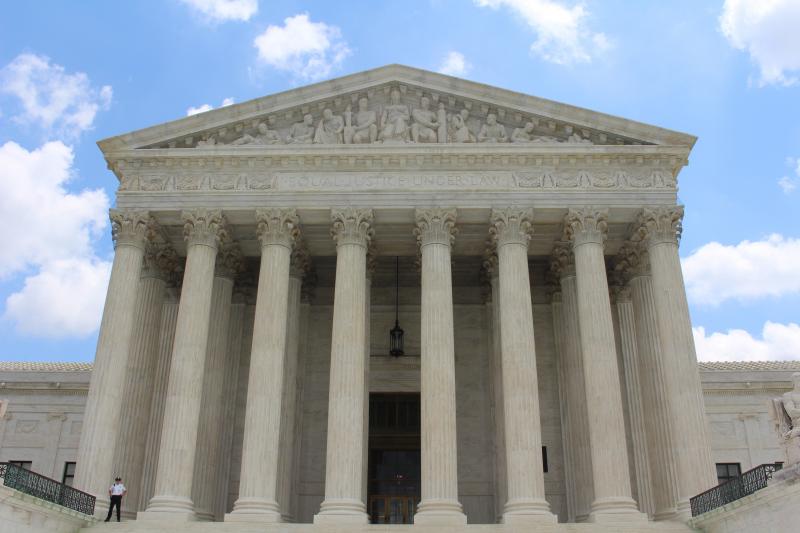
On Wednesday Supreme Court Justice Anthony Kennedy announced his retirement after thirty years on the nation’s highest court. This decision gives President Donald Trump a once-in-a-generation chance to transform the Supreme Court.
The next justice must advocate for defense of the property rights and the use of due process for all American citizens.
The Supreme Court is slated to adjudicate on a recent civil asset forfeiture case that could have serious implications for property rights. Asset forfeiture is the legal process by which law enforcement can take your property without a warrant, indictment, or conviction.
One such case should stick in the minds of President Trump and Senate Republicans as they mull over possible nominees.
Timbs v. Indiana is the case that arose when Tyson Timbs tried to sell four grams of heroin to undercover officers in Indiana in 2013. He pled guilty on drug crimes and was sentenced to one year executed in community corrections and five years probation. Within a couple months of bringing criminal charges, he was also forced to forfeit his $42,000 Land Rover. The car was seized on suspicions that he was using it to transport the drugs.
The car was actually purchased with his father’s life-insurance proceeds, not his drug dealing proceeds.
Through civil asset forfeiture the state can take a person’s or property without ever convicting, or even charging a crime. Asset forfeiture laws are some of the greatest threats to property rights and due process in the country.
A state trial court maintained that forfeiting the vehicle was “grossly disproportional to the gravity of the Defendant’s offense”, rejecting that civil asset forfeiture effort on account of the violation of the Eighth Amendment, which forbids the imposition of “excessive fines.”
According to state law, Timbs’ crime is subject to a maximum fine of $10,000—less than a quarter of what his Land Rover is worth.
Nevertheless, an Indiana trial overturned this decision in 2017 by resolving that: “the Excessive Fines Clause does not bar the State from forfeiting Defendant’s vehicle because the United States Supreme Court has not held that the Clause applies to the States through the Fourteenth Amendment.”
The Fourteenth Amendment blocks prevent the state governments from depriving any citizen of life, liberty or property, without due process of law. The Excessive Fines Clause in the Eighth Amendment addresses the ban on “excessive bail” and “cruel and unusual punishment,” which must be equally honored.
The court granted Writ of Certiorari to the case, and it will hear oral arguments on the case in the 2018-2019 session.
Timbs paid for his crimes. By taking his car, law enforcement skirted state limits on maximum fines and made finding gainful employment more difficult. This is a clear-cut case of abuse from an agency that cared more about profits than justice.
As Justice Clarence Thomas noted in 2017, “This system—where police can seize property with limited judicial oversight and retain it for their own use—has led to egregious and well-chronicled abuses. These forfeiture operations frequently target the poor and other groups least able to defend their interests in forfeiture proceedings.”
Timbs v. Indiana calls on future justices to employ constitutional rights and take notice of civil asset forfeiture.

